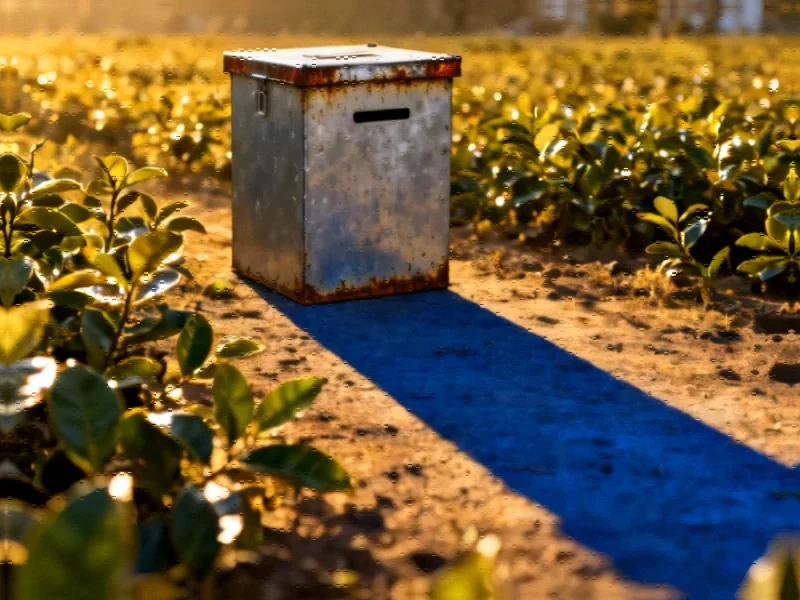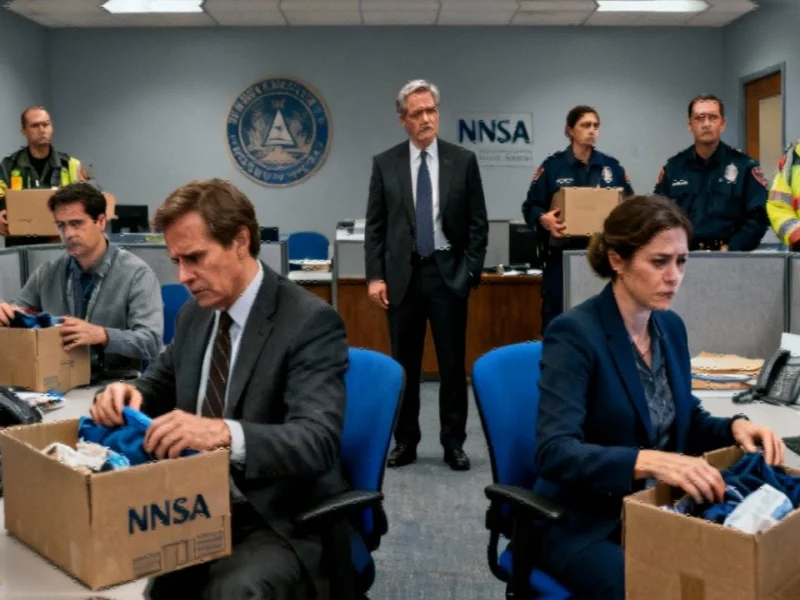Historic Political Transition
Bolivians are heading to the polls in a landmark presidential runoff that analysts suggest will complete the country’s shift to the right after almost 20 years under the leftist Movimiento al Socialismo (MAS) party. According to reports, this election marks the first time Bolivia will hold a presidential runoff in its political history, with both candidates representing right-wing positions.
The runoff pits center-right senator Rodrigo Paz Pereira against former president Jorge “Tuto” Quiroga, both of whom have expressed interest in strengthening ties with the United States. Sources indicate that the MAS party, which has governed since Evo Morales’s initial victory in 2005, suffered its worst electoral performance in the first round, with their candidate securing merely 3% of the vote.
Coca Policy Overhaul Looms
Political analysts suggest the election outcome could trigger significant changes in Bolivia’s approach to coca cultivation, potentially reviving elements of the US-led “war on drugs” approach that characterized previous decades. Both candidates have indicated they would enforce an arrest warrant against former president Morales, who has been entrenched in the Chapare region protected by coca growers.
According to reports, Quiroga has drawn a distinction between traditional coca cultivation in the Yungas region, which he describes as “legal, ancient and traditional,” and coca from Chapare, which he claims has “a single purpose: drug trafficking.” Paz Pereira has expressed similar views, though in less confrontational language, previously characterizing Yungas coca as “good” and Chapare coca as “bad.”
Economic Crisis and International Relations
Whoever assumes office on November 8 will inherit Bolivia’s most severe economic crisis in four decades, with annual inflation reportedly reaching 25% and chronic shortages of US dollars and fuel. The situation has become so dire that electoral authorities have ordered special fuel access for vehicles distributing ballot boxes amid endless queues at gasoline stations.
US Secretary of State Marco Rubio recently described the Bolivian election as “one of the more promising developments” in Latin America after years under what he characterized as an “anti-American, hostile government.” Both candidates have indicated they seek stronger relations with the United States, according to international media reports.
DEA Return and Drug Enforcement
Criminologist and organized crime expert Gabriela Reyes Rodas suggested she wouldn’t be surprised if the United States made the return of the Drug Enforcement Administration (DEA) a condition for providing the loans Bolivia’s new government will desperately need. The DEA had operated in Bolivia for more than three decades until Morales expelled the agency in 2008.
Political scientist José Orlando Peralta described the Chapare region as “practically a small republic, a black hole where the state doesn’t reach,” noting that it’s precisely where Evo Morales “rules like a monarch.” The region recently went months without police or military presence after pro-Morales demonstrators attacked a military barracks.
Complex Reality of Coca Cultivation
The consumption of coca leaves is legal in Bolivia and widely practiced for religious, cultural, and medicinal purposes, including as a digestive aid, stimulant, and remedy for altitude sickness. According to the United Nations Office on Drugs and Crime, Bolivia maintains regulated markets for coca production.
Aquilardo Caricari, secretary general of the CSCIOB, one of Bolivia’s largest unions of Indigenous peoples and coca growers, explained that most Chapare coca production isn’t sold through government-regulated markets due to logistical challenges—the market being 112 miles away—and that most is for personal use. The CSCIOB organization is among those protecting Morales from arrest.
Recent investigative reports have documented the complex situation in the Chapare region, where the line between traditional coca use and drug trafficking remains contentious. Meanwhile, international coverage highlights how coca policy has become central to the presidential campaign.
Logistical Challenges and Broader Implications
The election occurs amid significant operational challenges, with authorities reportedly struggling to ensure adequate fuel supplies for the electoral process. According to local media reports, hydrocarbon authorities have committed to providing fuel to the Supreme Electoral Court to facilitate voting.
The political transformation in Bolivia represents broader regional trends and political developments across Latin America, where several countries have recently shifted toward conservative governance. The election outcome could influence international drug policy approaches and regional alignment with United States interests.
This article aggregates information from publicly available sources. All trademarks and copyrights belong to their respective owners.
Note: Featured image is for illustrative purposes only and does not represent any specific product, service, or entity mentioned in this article.



